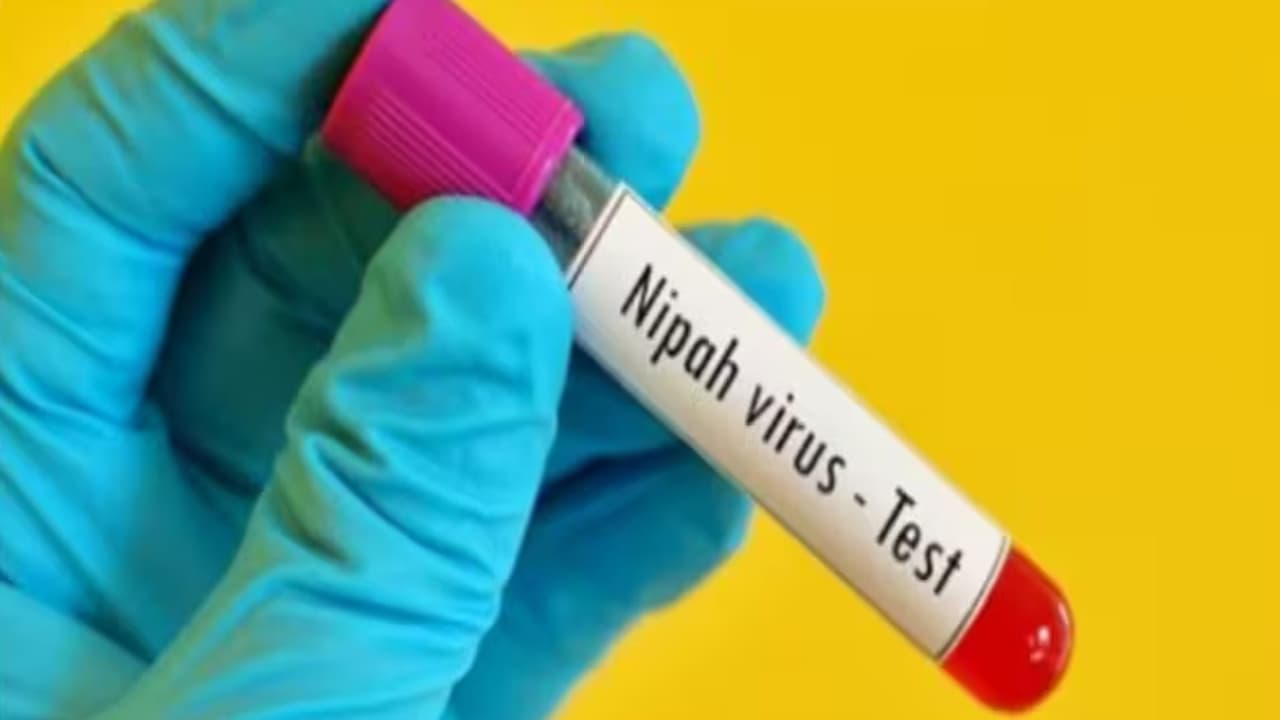A 42-year-old resident of Valanchery, Kerala, has tested positive for the Nipah virus, experiencing symptoms like fever, cough, and breathing difficulties.
Kerala has reported a fresh case of Nipah virus infection, confirming growing public health concerns in the region. A 42-year-old resident of Valanchery has tested positive after showing symptoms such as fever, cough, and breathing difficulties. The individual is currently undergoing treatment at a hospital in Perinthalmanna, where medical staff are closely monitoring the case.

Nipah virus, a highly infectious pathogen, belongs to the Henipavirus genus of the Paramyxoviridae family. It is primarily transmitted among animals, particularly fruit bats and pigs, but can also infect humans. Human transmission typically occurs through direct contact with infected individuals or their bodily fluids, although infection has also been linked to consuming fruits or drinks contaminated by bat droppings or saliva. While airborne transmission has not been conclusively proven, the virus remains a serious concern due to its ability to spread in close-contact settings.
Symptoms of Nipah virus infection usually manifest within five to fourteen days of exposure. Early symptoms often include fever, headache, dizziness, and fatigue. Some patients may also experience abdominal discomfort, nausea, vomiting, and in rare cases, blurred vision. As the illness progresses, the condition can deteriorate rapidly, sometimes resulting in unconsciousness or coma. One of the most serious complications is encephalitis, an inflammation of the brain that can be life-threatening.
The virus is typically diagnosed through RT-PCR testing, which detects viral RNA in throat and nasal swabs, blood, urine, or cerebrospinal fluid. In later stages of the disease, antibody-based ELISA tests may be used. For deceased individuals, diagnosis can be confirmed via immunohistochemical analysis of tissue samples collected during post-mortem examination.
To curb the spread of the infection, health authorities advise the public to avoid close contact with people displaying symptoms of fever or respiratory illness and to practice heightened hygiene. Wearing masks—preferably N-95s—is strongly recommended in affected areas. Individuals caring for someone who is sick should exercise extreme caution, ensuring frequent handwashing with soap and water for at least twenty seconds, and maintaining physical distance. Clothing and personal items of infected individuals should be handled and washed separately to prevent environmental contamination. Furthermore, all guidance issued by public health authorities should be followed diligently.
If anyone experiences symptoms resembling those caused by the Nipah virus, it is critical to consult a healthcare professional immediately rather than attempting self-diagnosis. Prompt medical attention and early intervention remain key to reducing the risk of severe illness or death.


